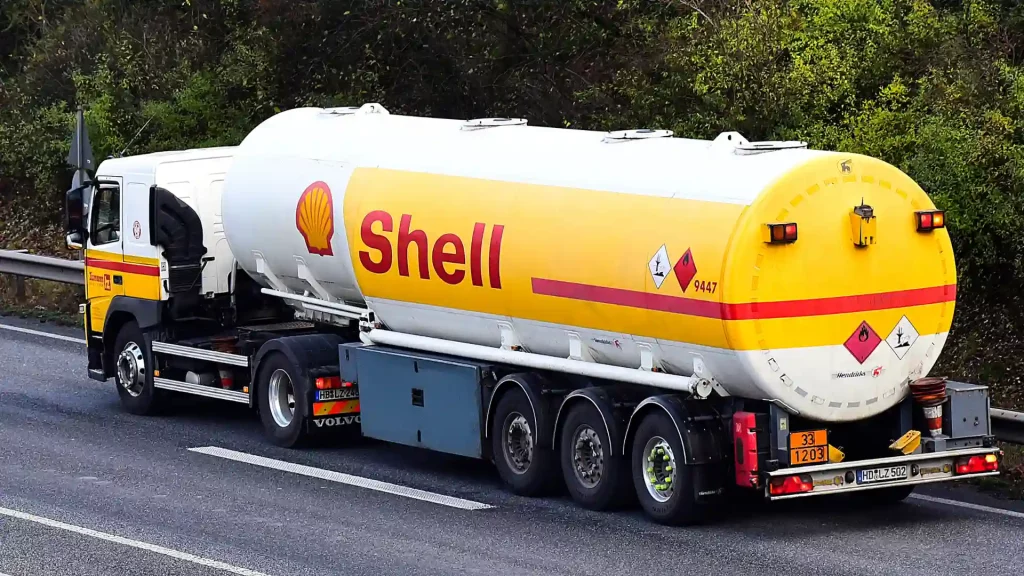Shell Nederland and Shell Overseas Investments, subsidiaries of Shell plc, have taken the final investment decision to build Holland Hydrogen I facility in Rotterdam. This will be Europe’s largest renewable hydrogen plant once operations start in 2025.
According to Shell, the 200-megawatt electrolyser will be constructed on the Tweede Maasvlakte port of Rotterdam, Europe’s biggest port, and will produce approximately 60,000 kilograms of renewable hydrogen per day.
The renewable power for the electrolyser will hail from the subsidy free offshore wind farm Hollandse Kust (noord), which is partly owned by the multinational.
The renewable hydrogen produced will supply the Shell Energy and Chemicals Park Rotterdam, by using a new hydrogen pipeline, HyTransPort, which would replace some of the grey hydrogen usage in refinery. HyTransPort forms a part of the Netherlands hydrogen infrastructure. The hydrogen produced will partially decarbonise the facility’s production of energy products like jet fuel, petrol, and diesel.
As heavy-duty vehicles are coming to the marketplace and refuelling networks grow, renewable hydrogen supply can also be directed toward these to help in decarbonising commercial road transport.
Anna Mascolo, the Executive Vice President of Emerging Energy Solutions at Shell, stated that the Holland Hydrogen I will demonstrate how new energy solutions would work together to meet society’s need for cleaner energy. Renewable hydrogen will show a pivotal role in the energy system of the future and this project is an important step to aid Hydrogen will fulfil that potential.
Ahead of the second quarter results later this month, Shell on Thursday, updated in a note stating that it would want to become a net-zero emissions energy business by the year 2050.
In June another oil and gas supermajor, BP, said it had agreed to take a 40.5% block of shares in the Asian Renewable Energy Hub, a vast project planned for Australia. The same month saw Siemens Energy and Air Liquide announced plans to set up a joint venture focused on the production of industrial scale renewable hydrogen electrolysers in Europe.
Shell aims towards a global hydrogen economy
The ’s ambition is to help build a global hydrogen economy by developing opportunities in the storage, production, transport, and delivery of hydrogen to the end users. Holland Hydrogen I’s approval marks a significant milestone on that journey not only for the Netherlands, as a leader in the hydrogen economy, but also for Shell worldwide.
Shell presently maintains and operates around ten per cent of the global capacity of installed hydrogen electrolysers, including a 20-MW electrolyser in China and a 10-MW proton exchange membrane (PEM) electrolyser in Germany.
